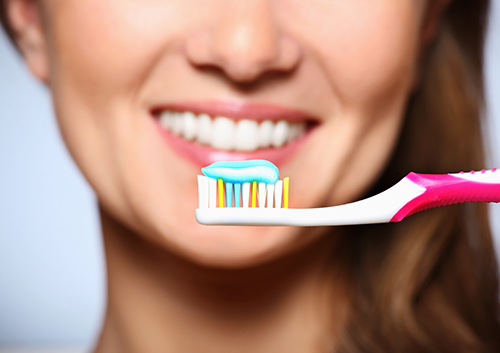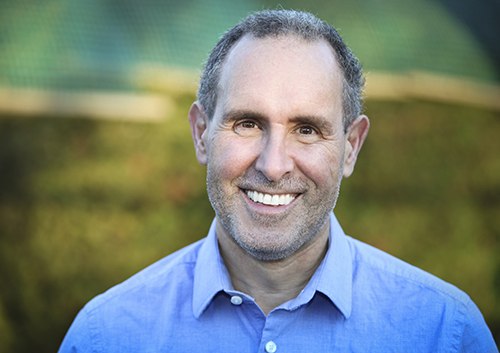HPV and Oral Cancer
February 16th, 2022

HPV, or human papillomavirus, is the most common sexually transmitted infection in the country. There are over 100 strains of HPV, and, while most of these infections leave our systems on their own with no long-term ill effects, some cancers have been linked to certain “high risk” strains of the virus. One of these strains, HPV16, increases the risk of oral cancer.
HPV-related oral cancer most often appears in the oropharynx. This area of the mouth includes:
- The base, or back, of the tongue
- The soft palate
- The tonsils
- The back and sides of the throat
While HPV-related oral cancers can appear in other parts of the oral cavity, they most typically occur at the back of the throat and tongue and near the folds of the tonsils. Because of this location, oropharyngeal cancer can be difficult to detect. This is one more important reason to maintain a regular schedule of dental exams. Our examination doesn’t focus only on your teeth and gums. We are trained to look for cancerous and pre-cancerous conditions in the mouth, head, and neck to make sure you have the earliest treatment options should they be needed.
If you discover any potential symptoms of oropharyngeal cancer, call us for a check-up. These symptoms can include:
- Trouble moving the tongue
- Trouble swallowing, speaking, or chewing
- Trouble opening the mouth completely
- A red or white patch on the tongue or the lining of the mouth
- A lump in the throat, neck, or tongue
- A persistent sore throat
- Ear pain
- Unexplained weight loss
- Coughing up blood
Not every symptom is caused by cancer, but it is always best to be proactive. HPV-related oral cancer is rare, but it is on the increase. While HPV-positive oral cancers generally have a better prognosis than HPV-negative oral cancers, early diagnosis and treatment are still essential for the best possible outcome.
Finally, if you are a young adult or have an adolescent child, talk to Dr. Dale Scharine and Dr. Alissa Edwards and to your doctor about the HPV vaccine, which is effective before exposure to the virus occurs. Most HPV vaccines, while not designed specifically to prevent oral cancer, prevent the HPV16 strain from infecting the body—the very same strain that causes the majority of HPV-related oral cancers. Although no studies have shown definitive proof yet, there is strong feeling in the scientific community that these immunizations might protect against HPV-positive oral cancer as well as cervical, vaginal, and other cancers. It’s a discussion worth having at your next visit to our Appleton, WI office.




 Website Powered by Sesame 24-7™
Website Powered by Sesame 24-7™